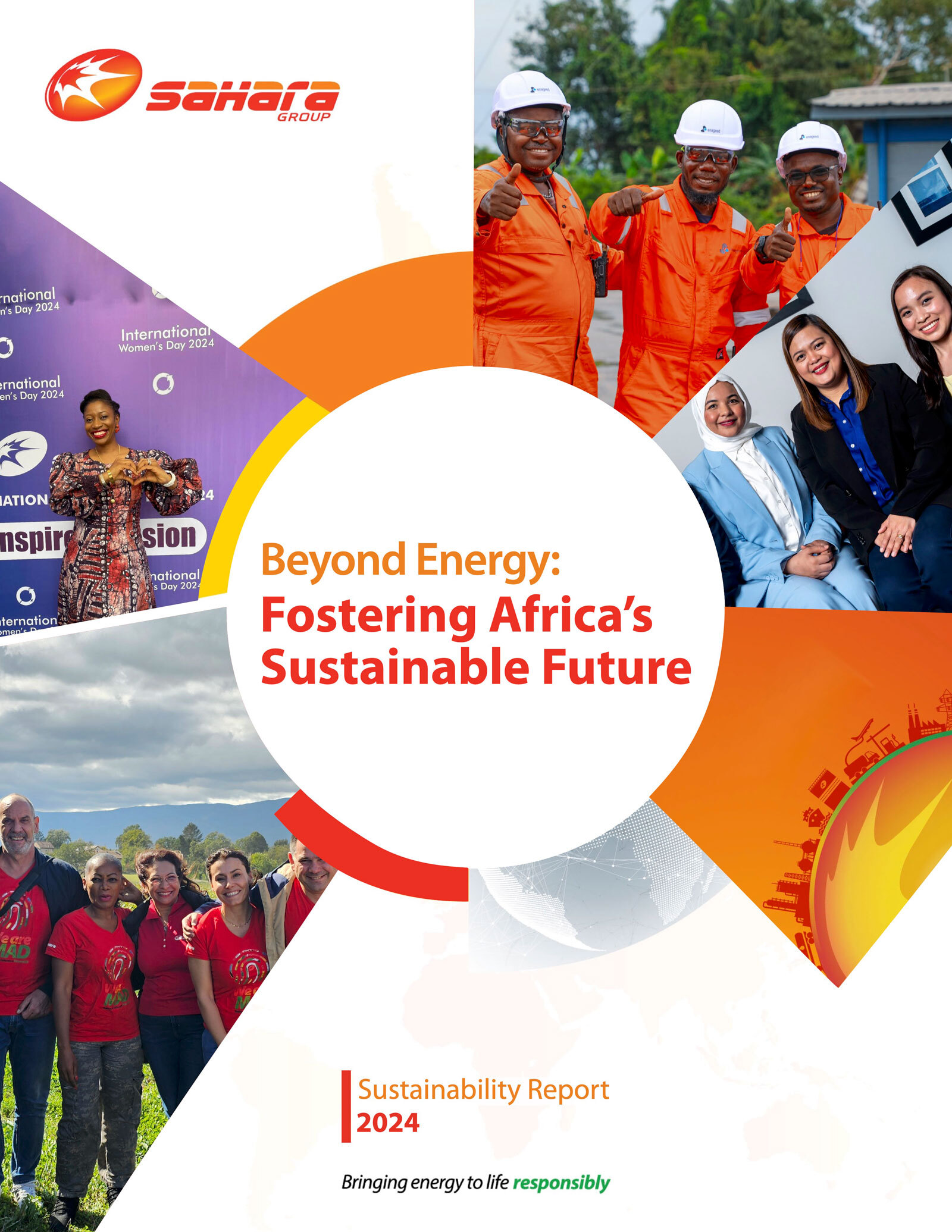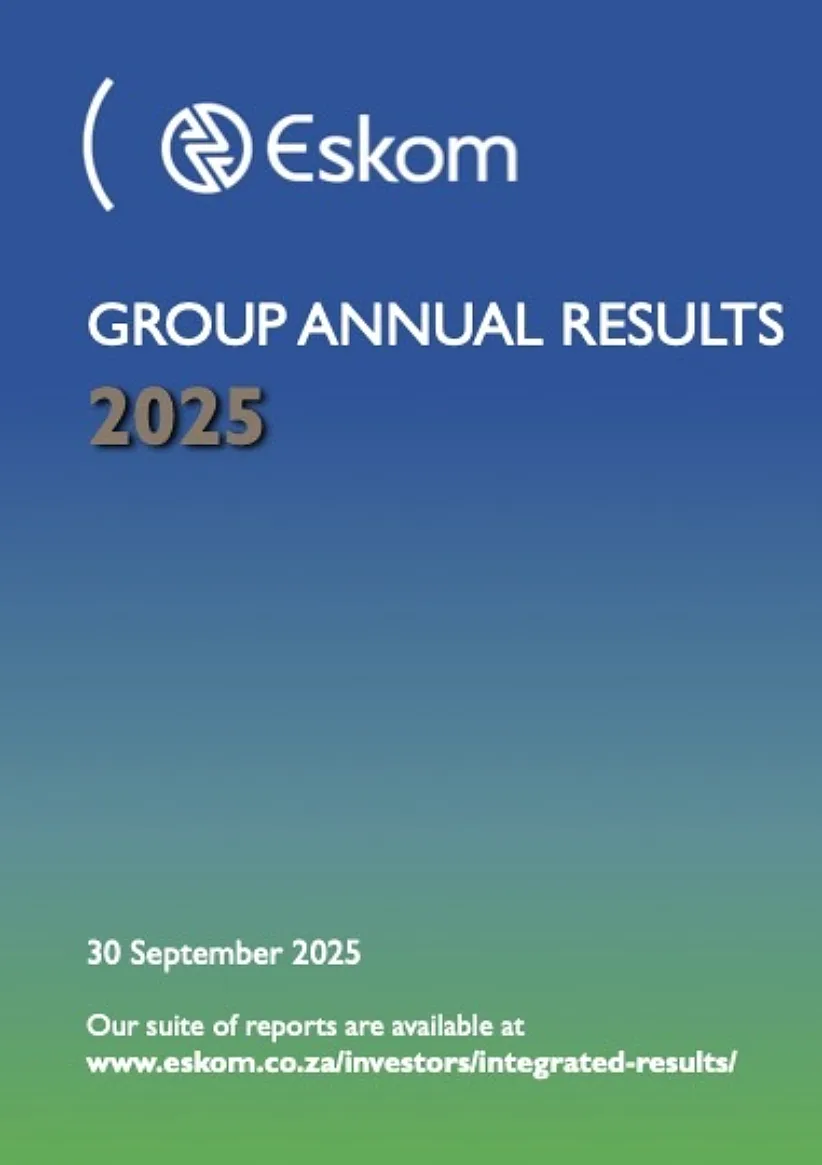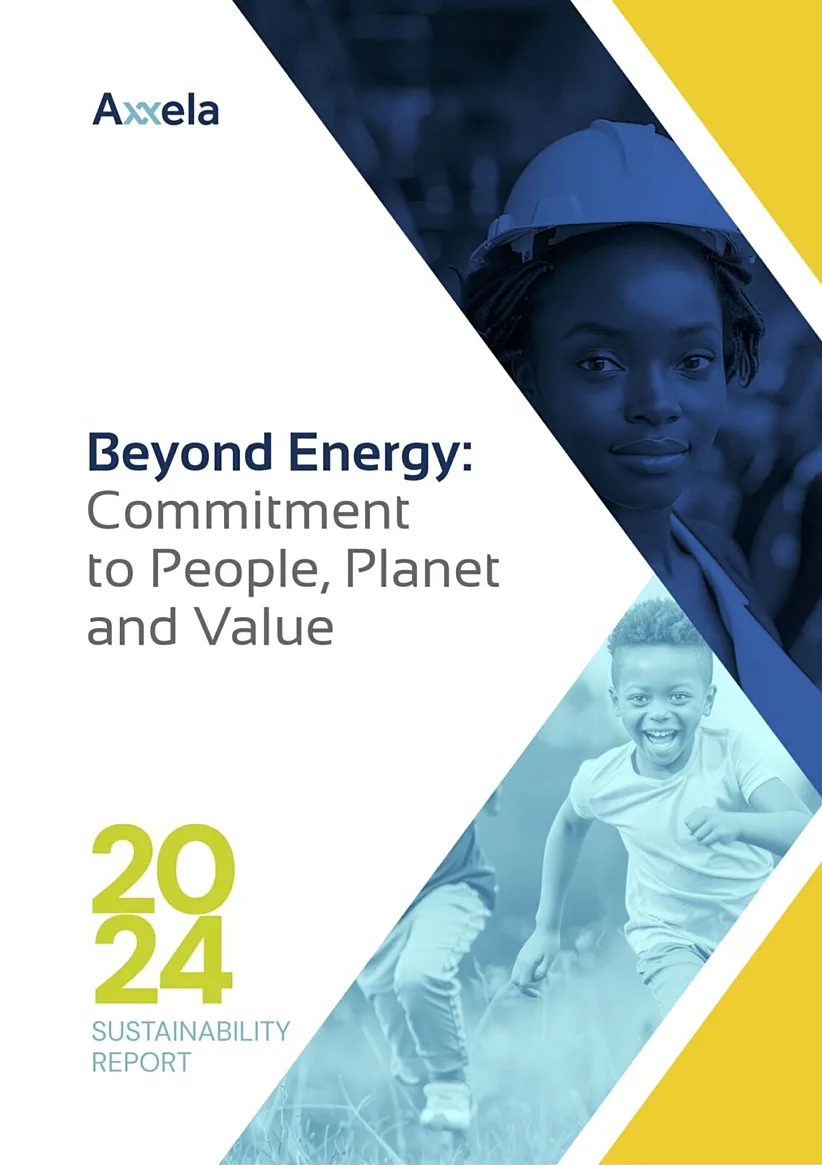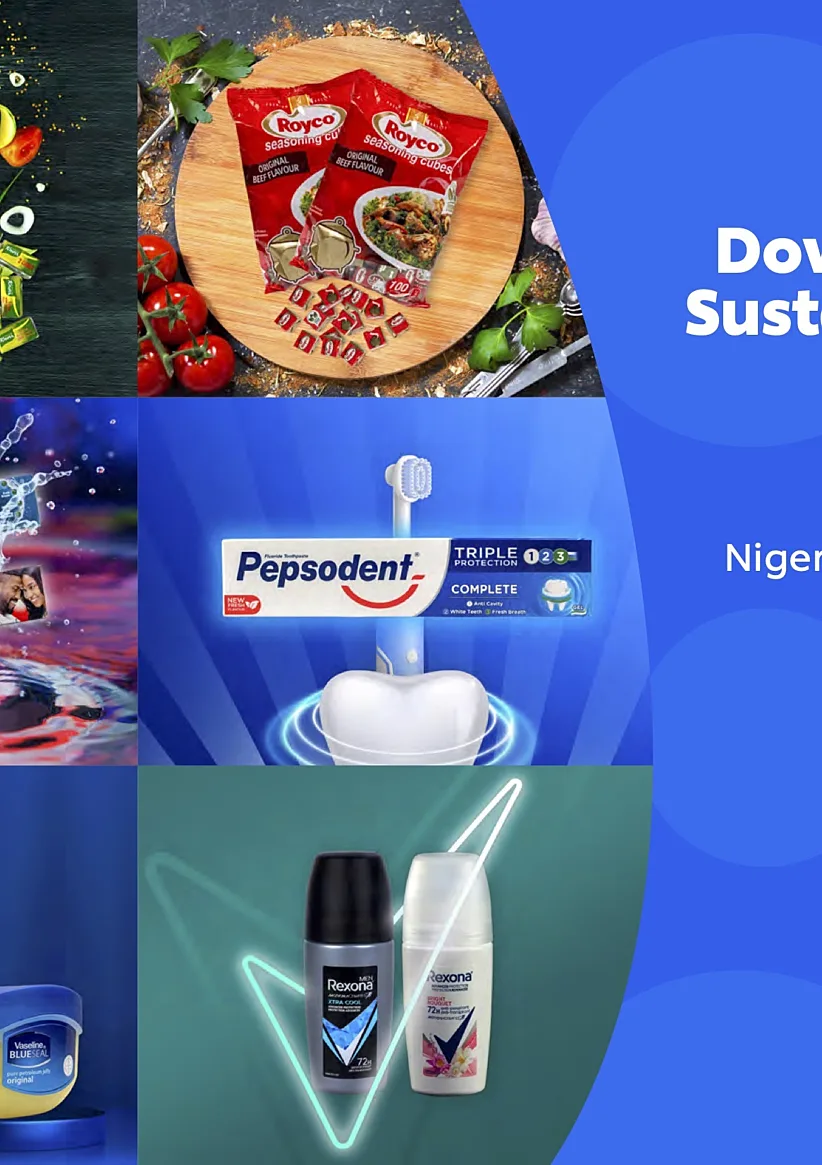Executive Summary
Sahara Group continues to advance its sustainability agenda across its global footprint, aligning core operations and strategy with the United Nations Sustainable Development Goals (SDGs). The Group emphasizes responsible resource management, climate action, and social inclusion, underpinned by formal policy commitments and robust governance standards. Board-level oversight, specialized committees, and integrated management systems support the implementation of ESG practices and standardized reporting. Clear frameworks, including alignment to Global Reporting Initiative (GRI) standards, drive performance tracking and improve transparency for automated ESG monitoring and cross-company comparison.
Sahara Group’s initiatives focus on economic inclusion, environmental stewardship, and digital transformation, with targets such as a 30% reduction in carbon emissions by 2030 and a net zero goal by 2060. The evaluation below provides a concise, evidence-based summary of Sahara Group’s approach, highlighting key outcomes and material topics for effective benchmarking. This report affirms Sahara Group’s commitment to “meeting the needs of the present without compromising the ability of future generations to meet their own needs,” in line with global sustainability principles
SDG Alignment
Sahara Group aligns its sustainability strategy with several UN Sustainable Development Goals (SDGs), and the most notable identified SDGs are
- SDG 6 – Clean Water and Sanitation
- SDG 7 – Affordable and Clean Energy
- SDG 8 – Decent Work and Economic Growth
- SDG 9 – Industry, Innovation and Infrastructure
- SDG 12 – Responsible Consumption and Production
- SDG 13 – Climate Action
- SDG 14 – Life Below Water
- SDG 15 – Life on Land
- SDG 16 – Peace, Justice and Strong Institutions
- SDG 17 – Partnerships for the Goals
Integration in Strategy & Initiatives
The SDGs are fully embedded in Sahara Group’s sustainability strategy and operational planning. The Group’s “People, Planet, Profitability” framework prioritizes inclusive growth, environmental stewardship, and innovation. Examples include renewable energy investments, major carbon reduction targets (30% by 2030), waste management, biodiversity restoration (e.g., Treedom reforestation partnership), and inclusive social initiatives.
Geographical Impact
Sahara Group’s SDG-aligned activities span operations in over 42 countries, with direct programme impact in Nigeria, Ghana, Côte d’Ivoire, Tanzania, Kenya, Senegal, Zambia, Uganda, South Sudan, Egypt, Mozambique, Switzerland, Spain, Germany, Oman, UAE, Singapore, China, and more. The company aims to refine SDG integration across all markets, focusing on local needs while referencing international targets for future operations.
ESG Management
Governance Structure:
Sahara Group’s Board of Directors holds ultimate ESG oversight, supported by specialized Board committees (audit, risk, governance, remuneration). Each core business entity maintains its own board for operational context. Executive leadership drives ESG integration into business planning and risk management.
Policies & Frameworks:
- ESG and sustainability reporting follow Global Reporting Initiative (GRI) Standards.
- Strong reference to SASB, TCFD, SDGs, and ISSB IFRS S1/S2 frameworks.
- Internal controls include anti-bribery/corruption, whistleblowing, anti-slavery, HR policies, and supply-chain screening.
Management Approach:
Sustainability and ESG risk management are embedded enterprise-wide, with annual materiality assessment, multi-level risk mapping, and stakeholder engagement informing priorities. ESG training, digital management systems (Oracle Fusion, Power BI), and integration into balance scorecard KPIs sustain compliance and internalization.
Initial Areas of Impact
Core Impact Sectors:
- Energy Transition: Expanding renewables (solar, wind), optimizing energy efficiency (Hybrid Solar Lighting), and eliminating gas flaring.
- Climate Initiatives: Carbon reduction, CO2 sequestration (tree planting), and emissions monitoring (e.g., Reducing 11.2% GHGs at Egbin Power).
- Circular Economy: “Waste-to-Zero” recycling initiative and community recycling hubs diverted >210,000 kg of waste from landfills and water bodies.
- Community Empowerment: 13 key social projects in 11 countries benefiting over 58,000 individuals, including access to healthcare, water, and education.
- Biodiversity: Tree planting (2,000+ trees in 2024 in Ghana, Tanzania, Nigeria) and restoration efforts.
- Economic Inclusion: Local procurement (up to 98% in some entities), SME partnerships, scholarships, and skills development.
Notable Programmes:
- Treedom tree planting and Asharami Groves for carbon offsets and biodiversity.
- Sahara Group Foundation: healthcare projects, technical college renovation, and entrepreneurial incubation (MADAA, Sahara Impact Fund).
- Digital transformation projects like automatic tank gauging (ATG) and cloud ERP upgrades.
Metrics for Definition
Key Metrics Used:
- GHG Emissions: Scope 1, 2, and 3 (e.g., Egbin Power: Scope 1—3,508,371 tons CO2e; Scope 2—4,803 tons CO2e; 11.2% emissions reduction in 2024).
- Energy Generation and Consumption: Total MWh produced (e.g., Egbin Power: 4.75b kWh in 2024), energy intensity ratios.
- Waste Recycled/Diverted: Over 210,000 kg waste recycled, 612,498 kg CO2 avoided through Go Recycling.
- Water Use: Water withdrawal (Egbin Power: 1.9B liters in 2024; 26.99% reduction), effluent discharge quality compliance.
- Diversity and Inclusion: Workforce metrics (e.g., 87.66% African, 27.7% female representation group-wide).
- Safety: Lost Time Injury-Free Hours (Egbin 4.5 million, Asharami Energy >5 million hours), zero staff fatalities in 2024.
- Economic: $14.2B revenue (2024), capital expenditure ($499M on drilling/environmental systems), 352 direct new jobs, local sourcing fractions.
Baselines and Targets:
- 2023 data as baseline for emissions, water, and waste.
- 30% carbon reduction target by 2030; net zero goal by 2060.
- Annual targets for waste diversion, tree planting, employment, and SDG project beneficiaries.
Areas of Focus
Future Strategic Priorities:
- Net Zero Transition: Advance the Roadmap to Net Zero; progressively expand large-scale renewables (solar, wind, LPG/LNG infrastructure).
- Decarbonization: Complete digital infrastructure integration, broaden Scope 3 tracking, and increase carbon credit initiatives.
- Circular Economy: Intensify waste-to-resource conversion and expand recycling hubs group-wide.
- Social Inclusion: Scale the Sahara Group Foundation’s MADAA and Impact Fund across more African regions, increase investments in healthcare, education, and technical skills.
- Resilience and Digitalization: Strengthen market intelligence, real-time ESG analytics, and risk management systems.
- Localization: Deepen local sourcing partnerships and support SMEs across procurement, services, and supply chains.
- Stakeholder Engagement: Broaden engagement with host communities, regulators, and partners for inclusive development.
Materiality Concepts
Materiality Definition and Process:
- 2024 materiality assessment incorporates external and internal stakeholder input, peer benchmarking, and review of evolving global ESG standards (GRI, ISSB, SDG).
- Prioritization process dual tracks: (1) Outward impact on environment and society, (2) Inward influence on business performance and resilience.
- Top Priorities: Governance/transparency, environmental stewardship, climate transition, resource efficiency, employee health/safety, social responsibility, local economic impact.
- 25 material topics, mapped to Tier 1 (critical), Tier 2 (important), and Tier 3 (emerging) for proactive management.
Alignment:
Material topics underpin strategy and governance approach, with regular updates shaping reporting, resourcing, and mitigation responses.
Sustainability Risk Management Concepts
Risk Management Structure:
- Centralized, coordinated ESG risk management within existing enterprise risk frameworks.
- Biennial formal ESG/materiality risk assessments (PwC facilitated).
- 15 top risk events/areas are monitored and managed quarterly by business units and group management.
Key Risks Identified:
- Exposure to foreign exchange volatility and regulatory uncertainties.
- Supply chain disruption risks, energy market/commodity price swings.
- Compliance and data privacy challenges.
- Climate change, resource scarcity, operational safety incidents.
Response and Mitigation:
- Secure digital systems and improved business continuity.
- Policy updates, employee training, regular scenario planning.
- Use of KPIs, structured audits, and incident management platforms.
Sustainability Strategy and Concepts Management
Strategy Concepts:
- Integrated “People, Planet, Profitability” framework.
- Focused on SDG/ISSB/GRI-driven targets with local adaptation for each operation.
Strategic Management:
- SDG alignment and localization are embedded in decision-making at entity and Group level.
- ESG KPIs on balanced scorecard and linked to management incentives.
- Annual reporting, materiality and risk reviews keep strategy current.
- Digital transformation enables real-time monitoring and agile course corrections.
- Partnerships are central (public, private, community, NGO).
- Investments are prioritized for renewable energy, grid upgrades, circular economy, and local value chains.
- Periodic external review and assurance (e.g. PWC involvement).
- 2025–2027 plans include deeper ISSB compliance, expanded innovation pilots, and dynamic risk management.
According to the Group’s report, their strategy is revisited as external frameworks (ISSB, SDGs 2030), market realities, or stakeholder needs evolve.
Major Opportunities for Improved Sustainability:
- Scale up integration of advanced reporting standards (ISSB, TCFD).
- Expand renewable and circular economy infrastructure to more markets.
- Enhance workforce diversity and leadership on DEI.
- Address vulnerable supply chain segments.
- Strengthen cross-border SDG collaboration, data transparency, and ESG ratings footprint.
Sahara Group shows commendable SDG alignment and governance, but needs deeper climate action, broader renewable integration, stronger circular economy outcomes, and improved transparency to accelerate measurable, equitable sustainability impact across all operations.





